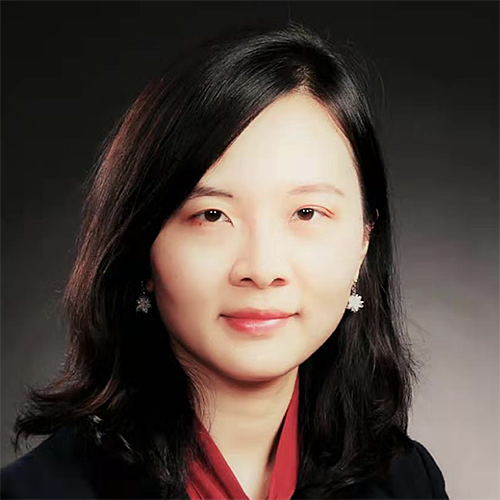 |
The Asset Triple A Regional Awards 2011
Khazanah Nasional
Malaysia aims to widen investor base for Islamic finance
 |
|
| Ghani: I am less concerned these days |
“I think it will be good if we push the boundaries further,” says Mohd Izani Ghani, chief financial officer of Malaysia’s investment holding arm Khazanah Nasional, to his CEO over lunch in Jakarta in July 2011.
His CEO responds by saying that their Singapore dollar issuance the previous year did well.
Perhaps it was time for the CNH (offshore renminbi) market – something that would be in line with Khazanah’s goals to expand Islamic finance. Ghani picks up the phone to speak to their investment team in Beijing to see if it was possible.
Possible, indeed. A few months later, in October, Khazanah broke new ground by successfully issuing a 500 million renminbi (US$79 million) sukuk – the first ever global offshore renminbi-denominated sukuk.
The three-year deal was issued through Danga Capital, a special-purpose vehicle, and priced at the tight end of its price guidance at 2.9%.
The initially-sized 300 million renminbi deal proved popular, attracting an order size of more than one billion ringgit, leading to an order book covered within hours of the announcement. The deal was covered 3.6×, so Khazanah then upsized the deal to meet demand.
Over 35 accounts from a diverse range of sources came in from private banks, asset management companies, financial institutions and statutory bodies from Malaysia, Singapore, Hong Kong, the Middle East, and Europe.
The sukuk was listed on Bursa Malaysia and Labuan International Financial Exchange. It was jointly managed by CIMB, BOC International, and the Royal Bank of Scotland. CIMB Islamic acted as the Shariah adviser.
Leaping over hurdles
The successful deal was not without its difficulties, however, and like most other issuers in 2011, Khazanah had to be nimble in order to work with the market’s ups and downs. The issuance was initially scheduled to be launched in September, but had to be delayed due to excessive volatility.
“When we have to go to the market, it has to be at the right timing because our deal debt tends to be benchmarked, and for us it’s important to make certain that when we execute, we execute a really good deal,” Ghani explains.
“So one fine morning sometime [in October], we found that window. We quickly made a call to issue, and thank God it was smooth. We managed to do it.”
The unknown nature of the sukuk to Chinese investors was also another hurdle Khazanah had to tackle. “Our structure is the Islamic structure, and it wasn’t easy because you need to do some kind of education first,” he points out.
“Our objective is simple: if you do a structure that is available for both groups of investors, the conventional and Islamic, then I believe you will get two sides of investors. This is good for the issuer, and hopefully we have heightened demands and it will translate to pricing.”
This perspective is again strongly in line with Khazanah Nasional’s wider aims to expand the market of Islamic finance and establish Malaysia as the heart at its centre. It demonstrates too Khazanah’s efforts to continue innovating within the space while attracting a wide variety of investors, both conventional and Islamic.
“As you know, Khazanah has been very focussed in terms of driving the Islamic products, it is important to make sure that we get investors to understand it right…That is our end goal, to widen the investor base,” he affirms.
Further expansion
Ghani feels extremely positive about their future and that of Islamic finance, explaining that locally, there is a lot of depth of capital in Malaysia and Khazanah would continue to tap it. As for international markets, he is similarly optimistic.
“We are getting less and less worried now because there is a better understanding among investors on the sukuk structure and, it always goes back to the obligor, which is Khazanah, and to the credit of the obligor. I am less and less concerned these days.”
As a rule, Khazanah tries to “match as much as possible the assets that it invests with the liabilities that it issues.” But with investments in China, Singapore, India, Indonesia and the Middle East to name a few, it has many markets into which it can plausibly expand in the coming year. He adds that it will continue to issue in the local markets and in the local currency for local investment needs.









